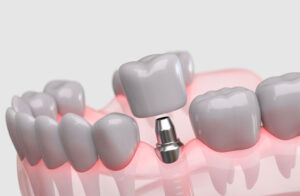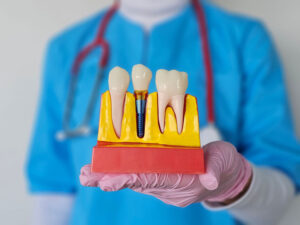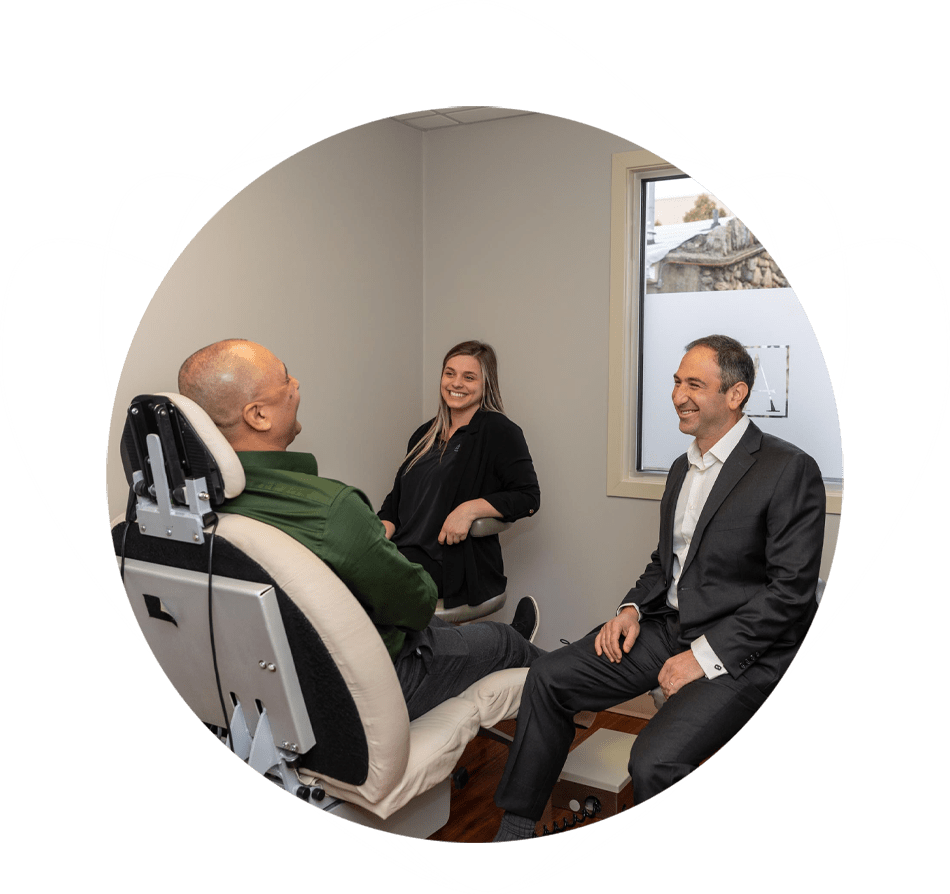Sure, nervous habits are unpleasant, but could it be that they’re also damaging to not only your teeth but your jaw? Unfortunately, it’s not just possible — it’s likely. Some of the most common anxious habits are harmful to your mouth. This blog is dedicated to those habits that you probably already know you should stop.
Nail Biting
Nail biting is a common habit that might look like it’s only doing damage to your fingernails, but it can actually affect your oral health as well. Repeatedly chewing on fingernails can cause wear and tear to enamel, which can increase the likelihood of teeth cracking or chipping. Jagged or torn nails can also hurt your gums, and may even facilitate the spread of bacteria from your hands into your mouth, or even your bloodstream, if the nails have opened wounds on the gums. Nail biting has even been tied to TMJ disorder.
Temporomandibular joint disorder or TMJ, is umbrella term which describes a system of symptoms related to pain in the jaw, popping or clicking noises when eating, frequent headaches, and other symptoms which are believed to be connected to a malfunctioning temporomandibular joint.
Grinding or Clenching Teeth
Clenching or grinding teeth puts pressure on both your teeth and your jaw, and can wear down your teeth and even contribute to TMJ. The worst part is, many people clench or grind their teeth while they’re sleeping, so you might not even know it’s happening. Up to 20% of adults experience tooth grinding or clenching, known as “bruxism,” either awake or asleep.
Bruxism could be a symptom of a variety of larger issues, from stress to bite problems to poor sleep quality. For that reason, it’s a good idea to discuss with your dentist to identify the root cause. If it’s a result of malocclusion (more commonly known as a “bad bite”), then your dentist will have suggestions on how it can be corrected.
Chewing Ice or Gum
Many people enjoy chewing ice as a cooling treat in the summer, a satisfying crunch, or even a calorie-free way to avoid habitual snacking. (Interestingly, it’s also a common symptom of iron deficiency.) Unfortunately, it’s responsible for dental damage that won’t melt away — biting down wrong on an ice cube could chip or crack teeth, damage your gums, and can weaken your jaw. If you already experience jaw pain, either frequently or infrequently, you’ll want to cut out habits like chewing ice or gum because it adds undue stress on your joint. Much like a runner should resist running a marathon on an injured ankle, you’ll want to allow your jaw time to heal before putting further stress on it. Seeing a dentist trained in treating TMJ can be a good start.
Your dentist can offer a variety of treatments for jaw pain that don’t require any medications. The use of an oral splint while sleeping, can help to set your jaw into a position where it can begin to heal itself, while also cutting back on teeth grinding during the night. Ultimately, the TMJ treatment best suited to meet your needs will be dependent on factors unique to your jaw’s misalignment. Dr. Mejia is an experienced neuromuscular dentist who will work closely with you to find the solution that best restores comfort and function to your jaw.
If you are suffering from jaw pain in the Mohegan Lake, New York, area please contact Advanced Dentistry of Mohegan Lake at (914) 526-2144 to schedule a neuromuscular dentistry consultation.
